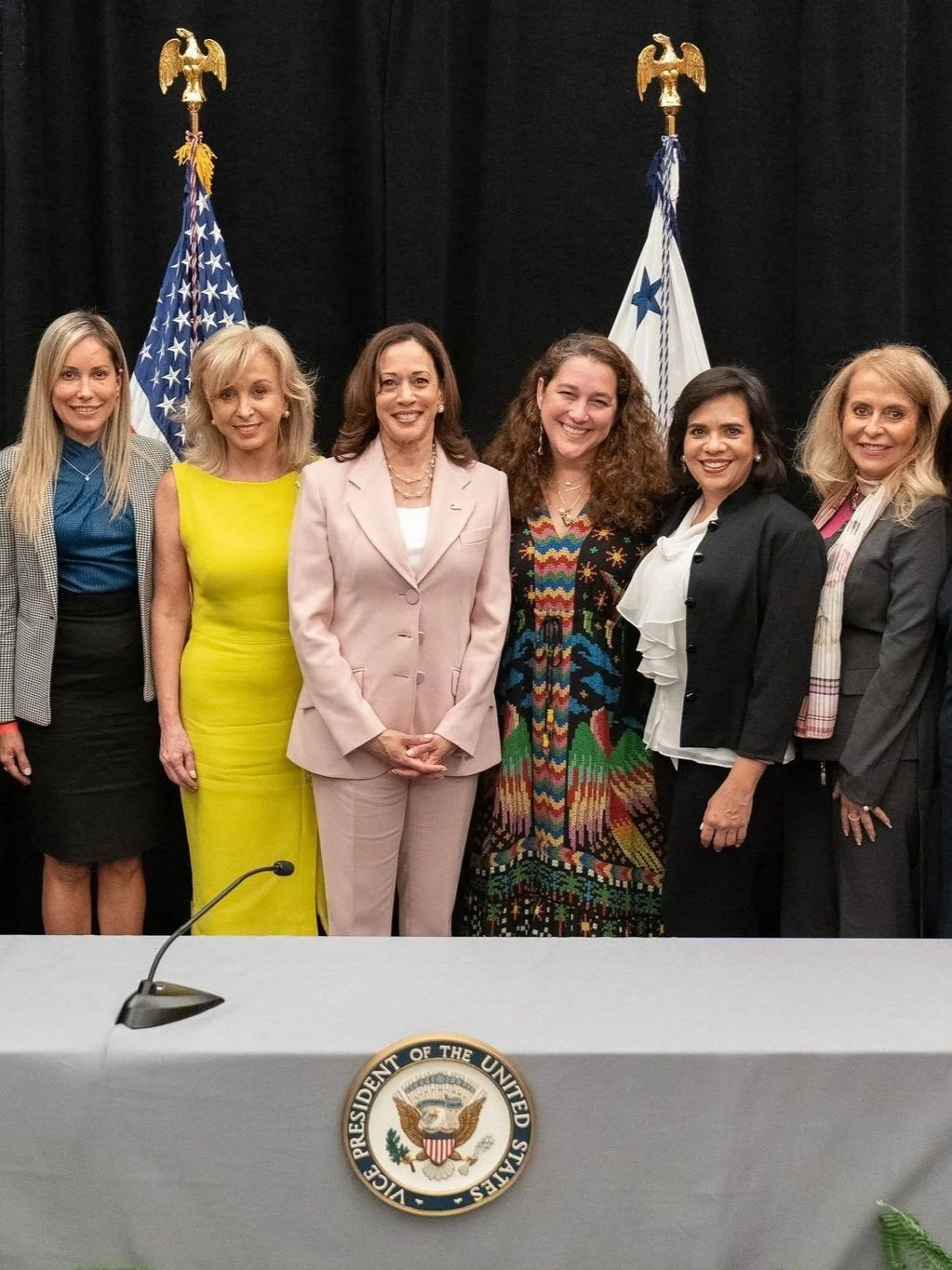Yardbird’s 2018 collection contained 30,000 pounds of intercepted ocean plastics, with 50 percent of every handmade resin wicker set made of this recycled material.
“I wasn’t a big environmentalist before I lived in Asia,” said Yardbird’s Jay Dillon. “But the more we traveled the less we could ignore the problem.” The co-founder of the outdoor furniture start-up was explaining to Fast Company’s Elizabeth Segran how spending three years travelling the continent opened his eyes to the problem of plastic pollution, and how as a result, sustainable practices are now a key part of his direct-to-consumer business.
It was when Minnesota native Dillon moved to New York with his now-wife that the idea of selling outdoor furniture was first conceived. The pair wanted to furnish the deck of their apartment, but couldn’t source furniture that was both affordable and durable. Deciding that there was a gap in the market for a direct-to-consumer outdoor furniture brand that sold products with a similar business model to indoor furniture, Dillon co-founded Yardbird with his father and brother, and began visiting manufacturing facilities around the world to build up the company’s supply chain.
Spending time in Bangkok, Hong Kong and Jakarta, he witnessed first hand how the beaches were literally clogged with plastic, and after researching the issue, discovered that much of the world’s plastic debris comes from five particular countries, namely Thailand, Vietnam, China, the Philippines and Indonesia. He also learned that the factories he visited relied heavily on plastic to create their furniture, and decided that if he could find a way to use ocean plastic to create his own brand, the business wouldn’t exacerbate the pollution problem, but help to alleviate it.
Yardbird co-founders Jay and Bob Dillon.
Today, Dillon purchases large amounts of intercepted ocean plastic from collectors via a facility in Manila, which in turn removes any labels, chops, washes, pelletizes and then dyes the pieces ready to be turned into furniture, and at an equivalent cost to what would be spent on virgin plastic. As a result, Yardbird collected and incorporated over 30,000 pounds of intercepted ocean plastic in its 2018 collection, with 50 per cent of every handmade resin wicker set made of this recycled material. This year, the company is looking to collect over 100,000 pounds of intercepted ocean plastic, increasing the content to 75 per cent.
Intercepted ocean plastic at Yardbird's partner facility in Manila / Photo: Architectural Digest.
And Yardbird’s environmental credentials do not end there. The company, which operates online as well as via a Minnesota showroom, is also 100% carbon neutral, offsetting its carbon footprint through a partnership with Carbonfund.org, uses 30 per cent less packaging than the industry standard – its bubble wrap is made from intercepted ocean plastics and boxes from recycled cardboard – and it hopes to be completely foam free this year.
Despite its commitment to eco-friendly design and sustainable business practices, the company’s success to date hasn’t been primarily driven by environmental concerns. “What we’ve found is that customers get excited about the design, the price, and the comfort of the products,” Dillon told Segran, the company regularly selling out of its increasingly expanding inventory. However, he went on to say how he sees this changing soon with consumers’ increased awareness. “I really do believe you can have everything: Good value, eco-friendly materials, and beautiful design,” he explained. “It’s not true you have to trade off one for another.”
Home Page Photo: Renee Jones Schneider














